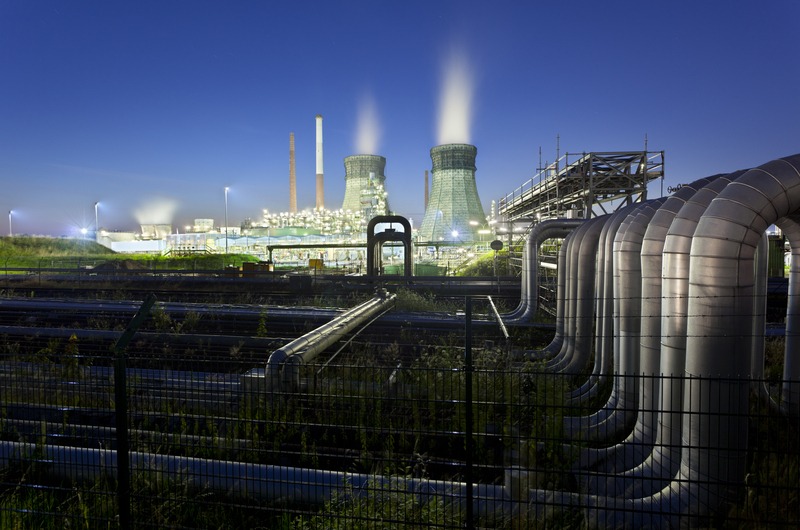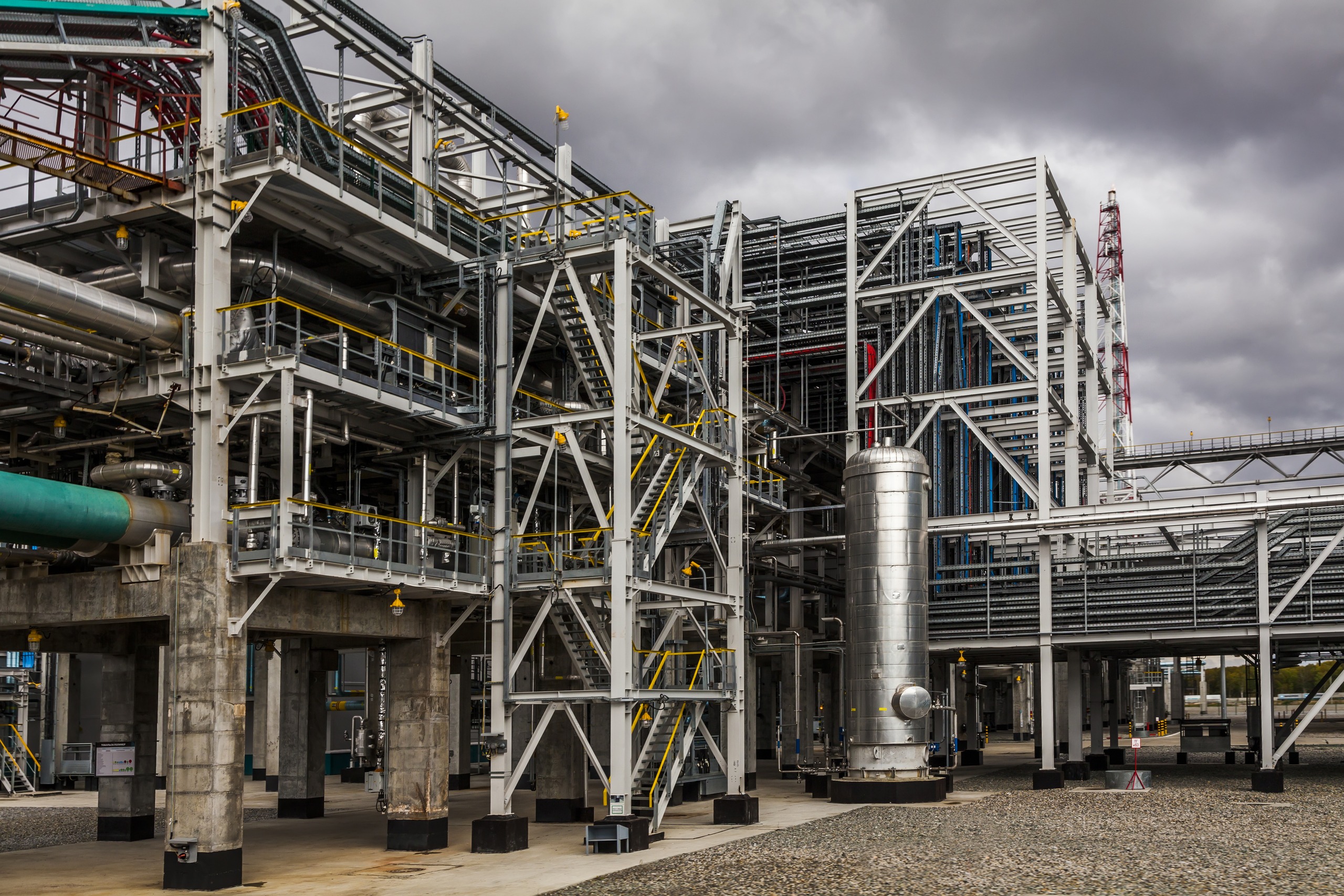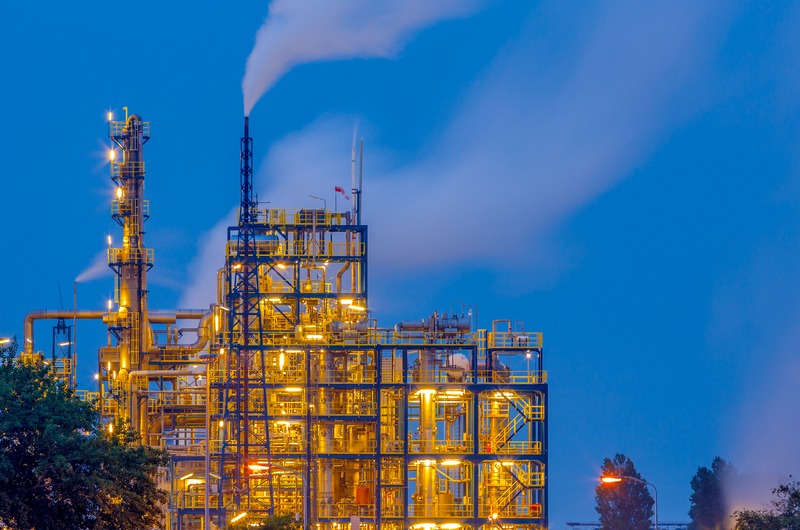In April 2010, a large-scale accident occurred in the Gulf of Mexico. After failures in the structural and safety components of the Deepwater Horizon Drilling Rig, the offshore platform exploded, causing a major oil spill.
Being considered one of the biggest environmental disasters ever caused, it highlighted the importance of implementing asset integrity management programs on oil and gas platforms, seeking to ensure greater safety in operations.
As digital transformation has advanced, several technologies have emerged as tools that can dramatically reduce the risks of such accidents. In particular, the Digital Twin technology.
In this article, the main challenges faced by the Oil and Gas industry in its operation will be presented and how the application of Digital Twin with the objective of managing the integrity of assets can be the answer to greater process safety, as well as greater efficiency and profitability.
Main challenges faced by Oil and Gas industries
When we think about the Oil and Gas industries, one of the first challenges that come to mind is related to the hostile environments in which they are inserted, especially when thinking about offshore platforms.
Located in the middle of the ocean, besides the difficulty to access these locations, the Oil and Gas industries suffer severely from structural and equipment corrosion, which consequently can generate operation failures and serious accidents within the industrial plant.
In addition, because of the grandiosity of its structure in size and in the number of processes occurring simultaneously, monitoring and maintaining such operation is also very challenging, time-consuming, and often susceptible to imprecision. Traditional maintenance methods are usually executed manually by teams of operators, and are poorly or even non-digitalized, making it difficult to assertively prioritize the operation’s needs and generating unplanned downtime.
Because of this, accidents like Deepwater Horizon have happened, in which these maintenance routines end up failing and the lack of digitalization makes it difficult to detect the problems present in the equipment.
How Digital Twin revolutionized the Oil and Gas industries
In the contexts presented, the solution to the challenges can be mainly directed to the maintenance optimization of the Oil and Gas industries. Replacing corrective models with predictive or prescriptive ones can be the difference between the occurrence of an accident like the Deepwater Horizon one or not.
For this, it is necessary to apply new technologies in the operation so that the monitoring of industrial processes is much more automated and accurate. And this is how the Digital Twin comes in as a solution to revolutionize the Oil and Gas industries.

The Digital Twin is a virtual representation of a real object in which there is a mutual exchange of information between them, integrating the two environments. With this, industries create the ability to inspect and monitor their processes in a much more assertive way.
Therefore, this digitalization allows the data generated in the operation to be analyzed in real-time, and the main risks and opportunities for optimization of equipment, structures, and processes to be identified with agility.
As a consequence of the application of this technology, decision-makers are provided with a much more solid foundation of data to understand what actions they should take, making the Oil & Gas industry more efficient, safer, and more profitable.
Want to understand more about how Digital Twin can predict risks, failures, and operation costs? Click here and access our updated article about the topics!
Conclusion
Improving the monitoring and maintenance of Oil & Gas industries is very important to avoid accidents like Deepwater Horizon. The digitalization of processes, in this case, allows the challenges of this industry to be minimized, and the efficiency of processes to be much higher.
From monitoring corrosion to analyzing data from equipment sensors to understand the efficiency of processes, the Digital Twin enables a complete understanding of the operation and enables a more agile decision-making process.
In other words, besides being essential for the safety of the processes and the people involved, the Digital Twin also offers the opportunity to optimize the operation and consequently generate more profits.



